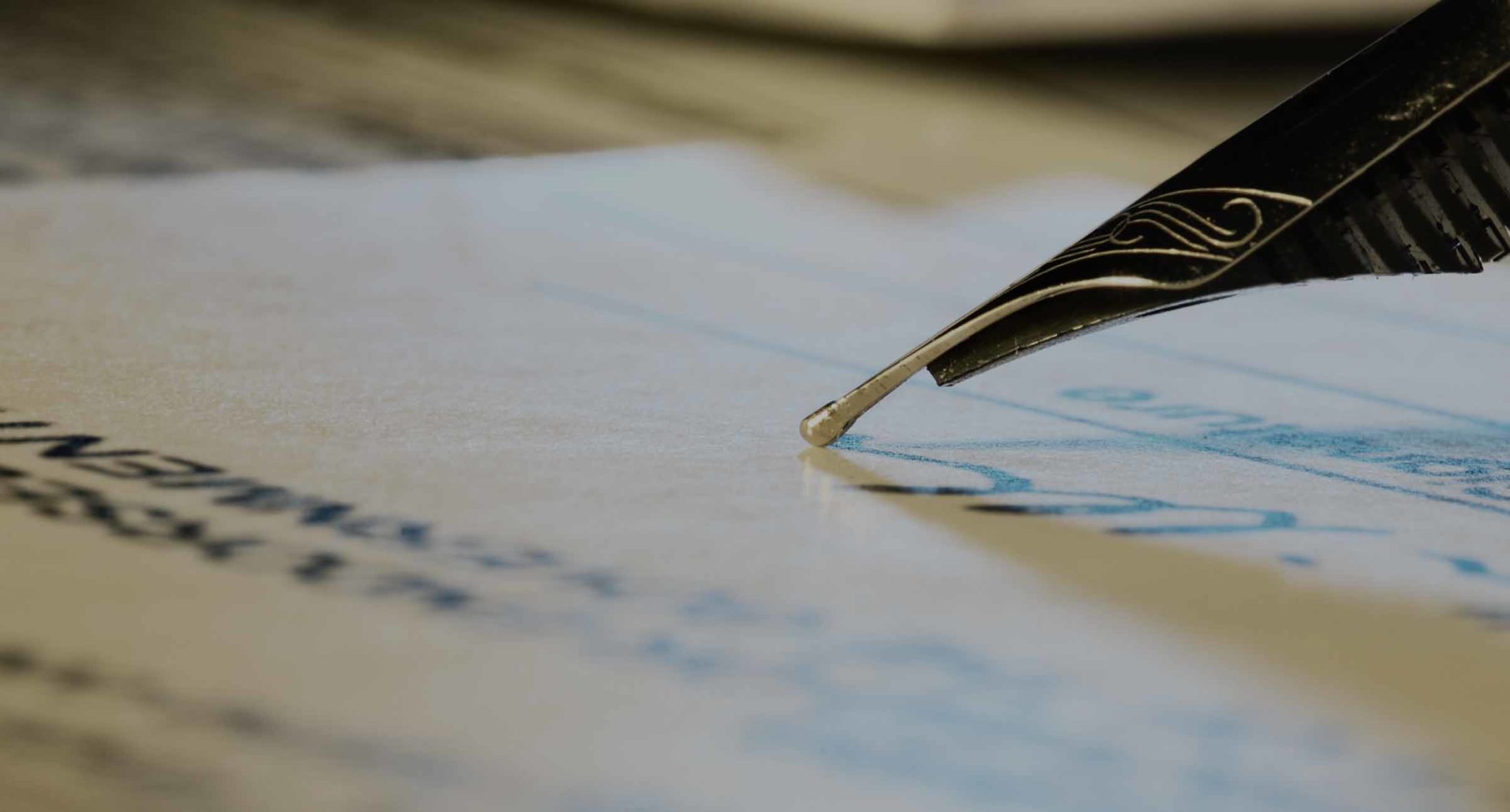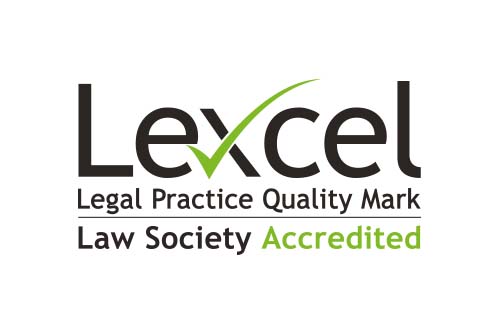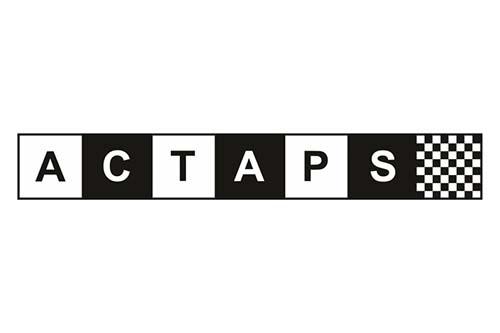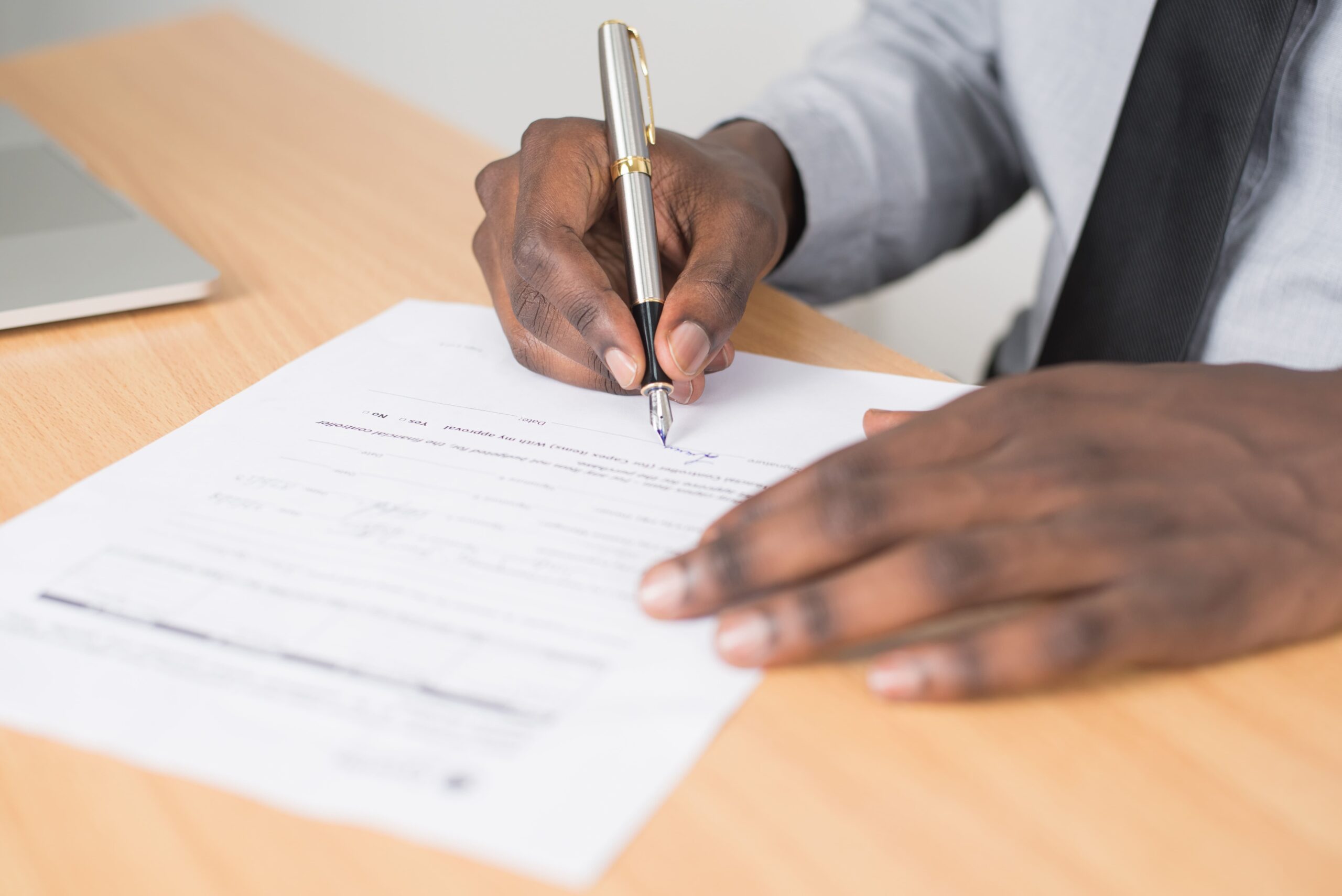

Will writing solicitors.
Should the worst happen, be confident that your assets go to the people you intended. We’re here to remove any unnecessary burdens, worries, or unwanted surprises.
Call us
Expert advice and guidance to provide clarity if the worst happens.
A Will is the safest way to make sure that your wealth and assets are protected for family and friends.
From buying a house, to the birth of your children. Whatever the life-changing event we’re here to help you update your Will. With options to suit your individual needs, our team will talk you through the Will writing process, answer any questions, and create your will, your way.
Wills to suit your needs:
-
Straightforward fixed fee Wills
If your Will is straightforward, we’ll recommend our fixed fee Will. A simple step-by-step process and cost-effective way to plan ahead.
-
More complex Wills and estate planning
If your estate is more complex, then we can maximise the value of your assets through estate planning. This could help you achieve tax savings to maximize your wealth now and in the future.
-
Updating existing Wills
If you already have a Will in place, we can help you update it to suit your change in circumstances.
- Contact us today for a no obligation conversation
- Convenient remote will writing service available
- Protect your estate from inheritance disputes
Call or message us now to find out more






Why is making a Will really important?
Our team of will writing lawyers answer some of the most common questions.
I’m living with my partner, so they will inherit everything?
Unfortunately, this isn’t the case. If you die without making a Will (intestate), and you aren’t married or in a civil partnership, then your partner will receive nothing. It means you’re at risk of your assets going to someone not of your choosing, unless you take steps to safeguard your wishes by having a Will.
My estate would be straightforward – so there’s no advantage to making a Will.
If you don’t leave a Will, you’re leaving complications for your family as they won’t know your intentions. What’s more, you might be surprised by how much you do have to leave. Even if you have a mortgage, you’re also likely to own collateral in a property. A Will guarantees that your assets go to the people you want them to go to. Not only that, it can also bring tax advantages, as you can take steps to limit your loved ones’ exposure to Inheritance Tax.
My loved ones will be able to work it out between themselves when I’m gone.
The sad fact is they won’t have any control over your assets. If you die without a Will, your assets will probably be divided according to the rules of ‘intestacy.’ Only by making a Will can you stay in control of how your assets are passed on – and who benefits from them. Read more about what happens when someone does without a will. Also we often see that the division of assets causes conflict within families. When these escalate it can prove expensive and distressing for all involved. Having a Will avoids these inheritance disputes from arising.
Can I just do a DIY or homemade Will?
You might think that your affairs are fairly straightforward, or that you don’t have many assets to leave behind. Alternatively, you might be thinking that using a DIY Will could save you money. However, we often see DIY and digital Wills drawn up in confusing, ambiguous or unworkable language that can lead to delays, disputes and even added tax burdens for people inheriting the estate. So the DIY route may well be a false economy. When you speak to a Will writing specialist then there is a consultation process which means the solicitor can write a Will that is specific to your needs. This clarity and security means that you have confidence in your future and that your wishes are secure.
How can I be sure everything is included in my Will?
When you speak to one of our Will writing solicitors we can talk you through the process to ensure that everything you own is included in the Will. We can then divide those assets for you; exactly as you wish. We often also see Wills that haven’t taken into account things like pensions, shares and death-in-service schemes. With professional Will writing advice, you can make sure that everything is included. This can also help to avoid any extra and unnecessary tax burden later on.
Is it possible to update or override an existing Will?
There are certain conditions that a valid Will must meet, but it is completely possible to update or even override an existing Will. In fact once your Will in place, it’s really important to review it every so often to make sure it still reflects your circumstances and your wishes. A professionally written Will is still the best and most cost-effective way to make sure nothing is overlooked and that additions and changes can be effectively applied to it.
Video Wills since the COVID-19 pandemic
The government has introduced changes to Will writing and video Wills which help address issues presented by the Covid-19 pandemic.
The major issue that many people have faced and may still face is that; how is it possible to have a Will witness for those that need to self-isolate? With the public now having a far greater familiarity with video calling, questions arose as to whether this technology could be used to help the process.
The government has confirmed that video calling can now be used as part of the process of making Wills.
The use of video calling is, however, covered by strict guidelines, so it is important that you understand your position, to avoid concerns about whether your Will is valid. Wills and Probate Lawyer, Mike Muston looks at the recent changes and what they could mean for you.
A person cannot make a valid Will through simply recording themselves speaking in a video on their mobile phone.
The changes introduced do not remove the standard requirements for making Wills, namely that the Will must be in writing, signed by the person making it and that signature should be witnessed by two people, who then go on to sign the Will themselves.
What the changes mean however, is that subject to a number of fixed requirements, a Will can be witnessed via video.
Subject to following the strict guidelines, it has been confirmed that yes, wills can now be witnessed by video link.
However, the requirements for the Will to be made in writing and signed by both the person making the Will and the witnesses remain. The video link must also be live, as witnessing a video of someone signing the Will is not sufficient.
The process of witnessing by video link is not, therefore, entirely straightforward. As it is likely to be necessary (to avoid delay) to physically transport the Will between the person making it and the witnesses. There would also need to be more than one video call, in order to enable all parties to see each other signing the document, in accordance with the standard requirements for Will making.
In addition, the changes apply for Wills made since 31 January 2020 (the date of the first registered Covid-19 case in England and Wales), but not where a Grant of Probate has been issued already, or is in the process of being issued by the Probate Registry.
The changes will apply to Wills made up to two years from when the changes came into force (so until 31 January 2022). However, the government has the power to shorten or lengthen this time period.
It does not matter what video calling facility is used. What is important is that the witnesses are involved in a ‘live’ video (not a recording), and they can clearly see and hear the person making the Will. It is important that they can see that what is being signed is the person’s Will and that they see the act of signing – not just the head and shoulders of the person recording their signature.
As mentioned, the same document must then be signed by the witnesses. It is not permissible to sign counterparts and join them together to form the Will. This means the document must be physically transported to the witnesses for signature, who will need to have another video call with the person making the Will, to show them signing it.
There is no requirement for witnessing by video call to involve a solicitor. However, the process is more complicated than for a standard Will, so it is likely to be sensible to have legal guidance throughout the process.
In any event, it is, in all cases, helpful to have input from a solicitor when drafting a Will, due to the many issues that can arise in preparing such a document, as well as the implications around the Will being contested.
Yes, it is possible to make a Will on your deathbed using video calling.
However, if the situation is urgent, issues could arise if the person making the Will is signing the document and then needing to send this on to the witnesses for signature. If this process is likely to be slow, a risk could arise that the Will is not signed by all parties before the person making the Will dies. Even if the witnessing has taken place by video call, the Will is not valid until both the person making the Will and the witnesses have signed the document.
There may be alternative options involving the use of a person signing on behalf of the person making the Will. However, this is a technical procedure and it is strongly recommended that legal advice is sought before any such steps are taken.
Whilst not essential, it is recommended that, if possible, the process is recorded. This is simply from an evidential perspective, in the event that anyone challenges whether the correct process was followed.
Recording the Will making process can actually assist in all situations (whether or not a video call is involved) if there are fears that concerns may later be raised that the person making the Will was lacking in mental capacity or was being subjected to undue influence.
It is possible both to make a new Will and a “codicil” to an existing Will using video calling. A codicil is a document which makes changes to a previous Will. The requirements for making a codicil are the same as those for a Will, so this document would also need to be in writing, signed by the person making it and then signed by two witnesses.
It is recommended that you seek legal advice before seeking to make a Will or codicil which involves a video call, as the standard process is still the recommended route and may be more suitable for your situation.
Other Wills services
Insight from our legal specialists
View more articles related to Wills, Trusts and Estates






















